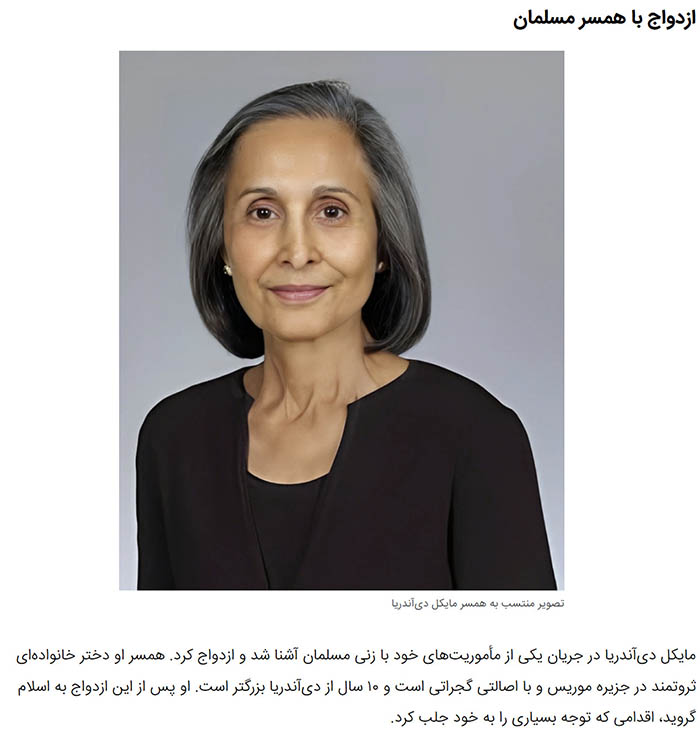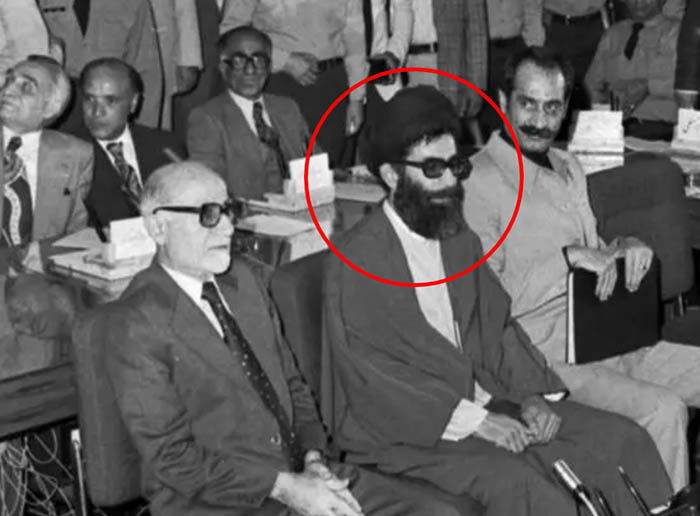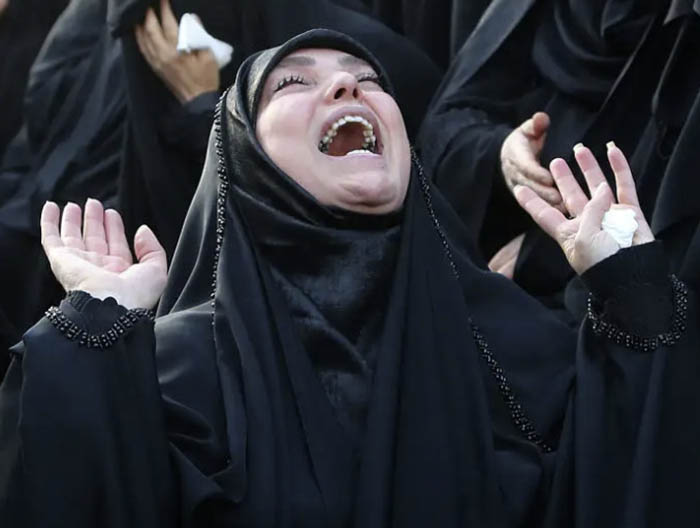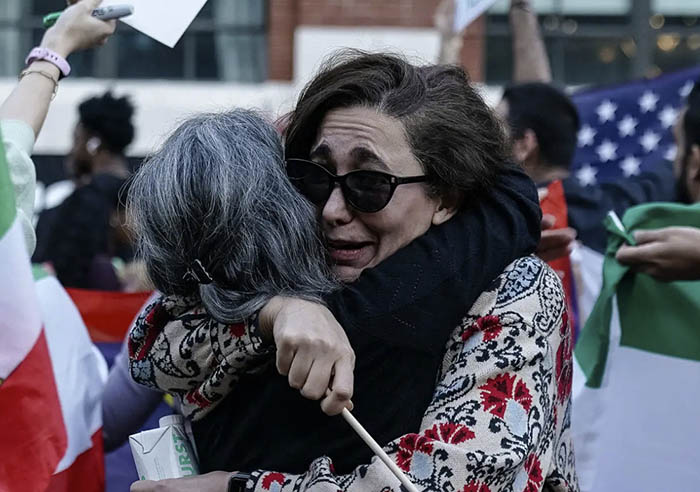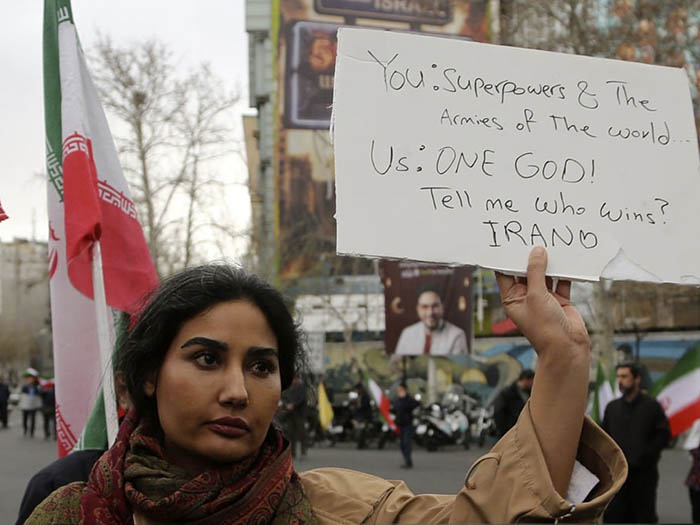Ayatollah Mike: The Enigmatic Figure Behind CIA Covert Operations
1. Early Life and Career Journey of Michael D’Andrea
Michael D’Andrea was born in Virginia in 1954, where he grew up in an environment steeped in American traditions. After graduating from college, he took a bold step into the world of intelligence, joining the CIA in 1979. This was during a turbulent period marked by Cold War tensions and regional conflicts, particularly in the Middle East and Africa.
D’Andrea quickly gained recognition for his tactical skills and deep understanding of complex international relations. Over the years, he served in critical roles and was stationed in various countries, including Egypt and Iraq. These experiences gave him invaluable insights into regional dynamics and the ideological underpinnings of various terrorist organizations.
Influence on CIA’s Counterterrorism Strategy
Michael D’Andrea’s influence on the CIA was particularly pronounced during the transformative years following 9/11. His strategies shaped the CIA’s counterterrorism doctrine for over a decade, moving the agency towards a model characterized by aggressive engagement and preemptive tactics. D’Andrea’s actions represented a shift toward a more operationally-focused agency, emphasizing direct action alongside intelligence gathering.
The repercussions of D’Andrea’s strategies can be observed in the broader evolution of U.S. military doctrine. The military embraced many of the principles he championed, leading to the significant adoption of drone warfare as a key component of American foreign policy. This shift solidified the role of the CIA not just as an intelligence-gathering agency, but as a direct player on the battlefield in the war against terrorism.
D’Andrea’s legacy also prompts a reevaluation of the traditional roles of intelligence agencies. With the blending of military operations and CIA activities, discussions have emerged regarding the implications for civilian oversight and accountability. The events surrounding D’Andrea’s career underscore the necessity for transparency in covert operations, as well as the importance of maintaining ethical standards amidst evolving national security needs.
January 10, 2025 | 6:29 pm